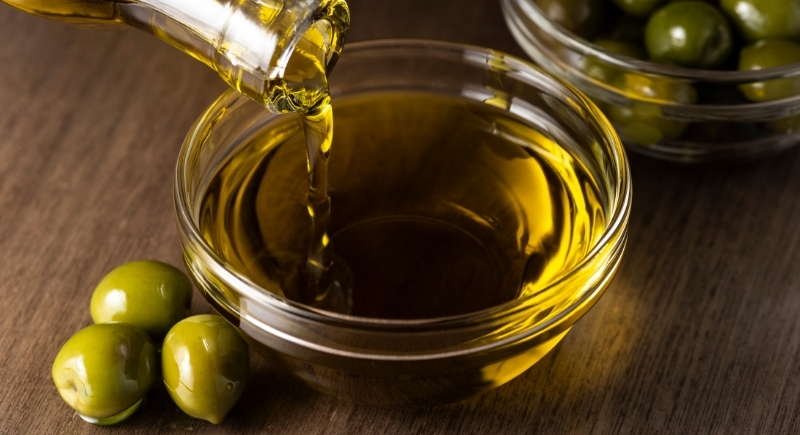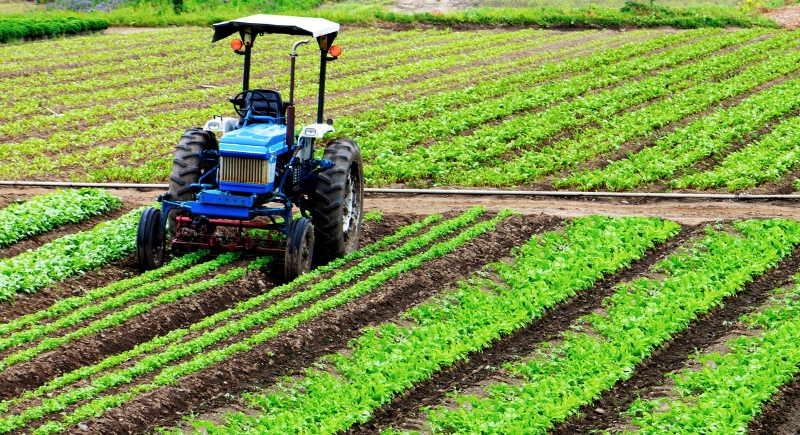The Organized Crime Ring That Controls Much of the Olive Oil Industry
Olive oil has a squeaky clean image in home kitchens, yet law enforcement files tell a very different story. For decades, parts of this business have doubled as a side hustle for organized crime by a loose network of gangs, fraud artists, and corrupt middlemen. Bottles on store shelves can carry a respectable label while holding something that started life as cheap seed oil or low-grade lamp oil, and consumers have almost no way to spot the trick on taste alone.
How Olive Oil Became A Perfect Target

Image via Getty Images/kuppa_rock
Extra-virgin olive oil has price tags that can reach several times the cost of seed oils, such as sunflower or soybean. Production also requires labor, careful timing at harvest, and fast milling to protect flavor.
Extra virgin carries a legal meaning in the European Union. Oil in that category must be extracted from olives using mechanical methods only and meet strict limits on free acidity. Lower categories include “virgin” oil with higher acidity and lampante oil, which cannot be sold as food legally until refined. Blending a small amount of genuine extra-virgin oil into deodorized lampante or seed oil, then topping it with a label that hints at hilltop groves and old stone mills, allows gangs to charge premium prices for something that costs a fraction of that amount at purchase.
Agromafia: A Web Of Clans

Image via Getty Images/Marcio Silva
Italian investigators and farm groups use the word “agromafia” for criminal networks that use agriculture as a revenue stream. A major Italian farmers’ association estimated that mafia-linked groups pulled in around €16 billion through food and agriculture in 2015 alone, a figure that includes fake products, rigged supply chains, and harsh labor conditions on farmland. Those networks do not answer to one boss; they involve Calabrian ’Ndrangheta clans, Sicilian Cosa Nostra families, and other local groups that see olives, wheat, wine, and citrus as interchangeable ways to turn dirty cash into clean money.
A Calabrian Clan And “Extra Virgin” Headed To The United States
One headline-grabbing case involved a clan in Calabria with long-standing ties to the ’Ndrangheta. Italian investigators reported that associates used inexpensive olive pomace oil, a low-grade product extracted from pulp with solvents, and treated it as premium stock for export. Shipments left Italy with paperwork that described the cargo as extra-virgin olive oil, destined for grocery distribution on the other side of the Atlantic. In 2017, police arrested more than thirty suspects and seized assets valued in tens of millions of dollars, citing mafia association, fraud, and other charges linked to this and related schemes.
Operation Oro Giallo In Italy And Germany

Image via pexels/cottonbro studio
Several years later, investigators in Italy and Germany coordinated a case that was almost tailor-made for a crime drama script. Under the code name Oro Giallo, or Yellow Gold, Europol and national police tracked a ring that handled large volumes of low-quality oil in Apulia and altered its color and taste with additives such as chlorophyll, beta-carotene, and soy oil. Raids in 2019 resulted in around two dozen arrests, house searches in both countries, and the seizure of roughly 150,000 liters of counterfeit oil, along with filling equipment and trucks.
Pushing Back
Stories about police work on food crime rarely make it to the front pages, although operations such as Oro Giallo are among a long-running Europol and Interpol effort known as Operation Opson, which targets counterfeit and substandard food and drink. Italy also relies on specialized branches of the Carabinieri and financial police, along with regional food inspectors, to conduct tasting panels and laboratory tests that can downgrade mislabeled “extra virgin” batches or remove them from shelves.
On the consumer side, a few small habits can tilt odds in favor of getting the real thing. Many experts suggest looking out of the bargain bin, favoring producers that list harvest dates and specific regions rather than vague continental blends, and choosing dark glass bottles that protect oil from light. Certification seals by recognized trade bodies, while imperfect, add one more hurdle for fraudsters. None of those steps guarantees perfection, but they help reward growers and bottlers who invest in honest product instead of fast scams.